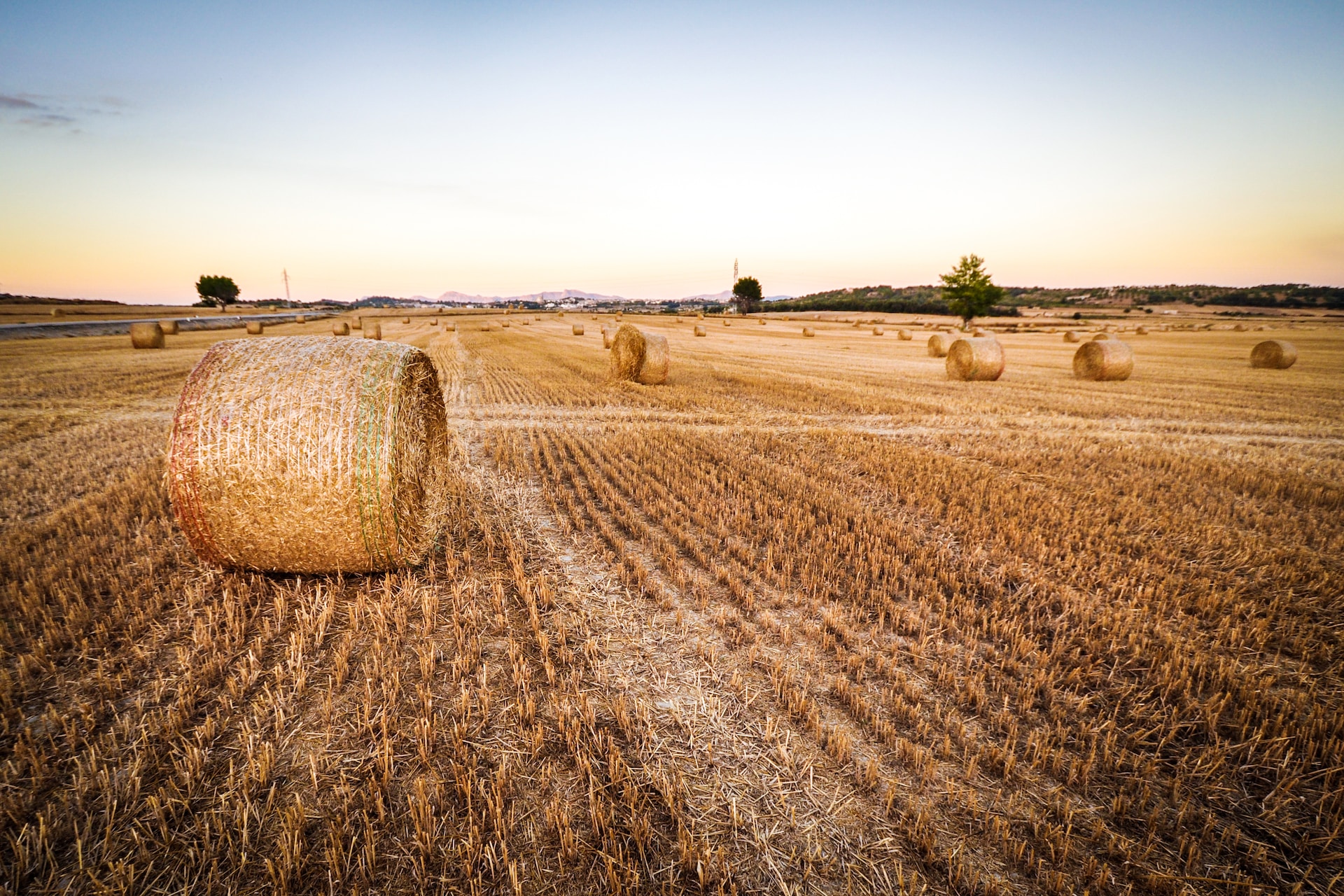Case Studies
Agricultural Renaissance: Cultivating Sustainable Farming for Tomorrow
In the face of pressing global challenges, “Agricultural Renaissance” emerged as a trailblazing initiative committed to revolutionizing farming practices. This case study delves into the journey of Agricultural Renaissance, an organization dedicated to promoting sustainable agriculture. Through innovative techniques, farmer empowerment, and community involvement, Agricultural Renaissance not only transformed farming but also laid the foundation for a more resilient and food-secure future.

Introduction: Reinventing Agriculture for Sustainability
As the world grapples with food security and environmental concerns, the need for sustainable agriculture has never been greater. Agricultural Renaissance embarked on a mission to reimagine farming by incorporating sustainable practices into every aspect of agricultural production.
Challenges: Navigating the Complexities of Sustainable Farming
Agricultural Renaissance faced several challenges on its path to redefining farming for sustainability:
Resource Efficiency: Optimizing the use of water, land, and energy while minimizing waste and environmental impact was a complex endeavor.
Farmer Education: Empowering farmers with knowledge and skills to adopt sustainable practices required dedicated training and support.
Market Access: Ensuring that sustainable agricultural products could access markets and compete effectively against conventional counterparts posed a significant challenge.
Strategy And Implementation: A New Dawn for Farming
Agricultural Renaissance’s strategy was centered on transforming farming into a sustainable endeavor:
Resource Management: The initiative promoted precision agriculture techniques, organic farming, and sustainable water management to optimize resource use.
Farmer Training: Agricultural Renaissance provided farmers with training in sustainable practices, empowering them to adopt eco-friendly farming techniques.
Market Linkages: Partnerships with markets and retailers were established to create demand for sustainable agricultural products and ensure market access for farmers.

Results And Impact: Sustaining Agriculture and Communities
The implementation of Agricultural Renaissance’s strategy led to significant outcomes:
Resource Efficiency: Farmers reduced resource use and waste, making agriculture more sustainable and environmentally friendly.
Empowered Farmers: Farmers gained knowledge and skills to adopt sustainable practices, improving their livelihoods and economic stability.
Market Success: Sustainable agricultural products gained market recognition and preference among consumers, benefiting both farmers and the environment.
Conclusion: A Sustainable Harvest for the Future
Agricultural Renaissance’s journey exemplifies the transformative potential of sustainable farming. By addressing resource challenges, empowering farmers, and fostering market demand for sustainable products, they have paved the way for a more resilient and food-secure future. In a world where agriculture plays a vital role in nourishing the planet, Agricultural Renaissance demonstrates that sustainable farming is not just an aspiration but a practical solution to address pressing global challenges, ensuring a brighter and more sustainable future for all.